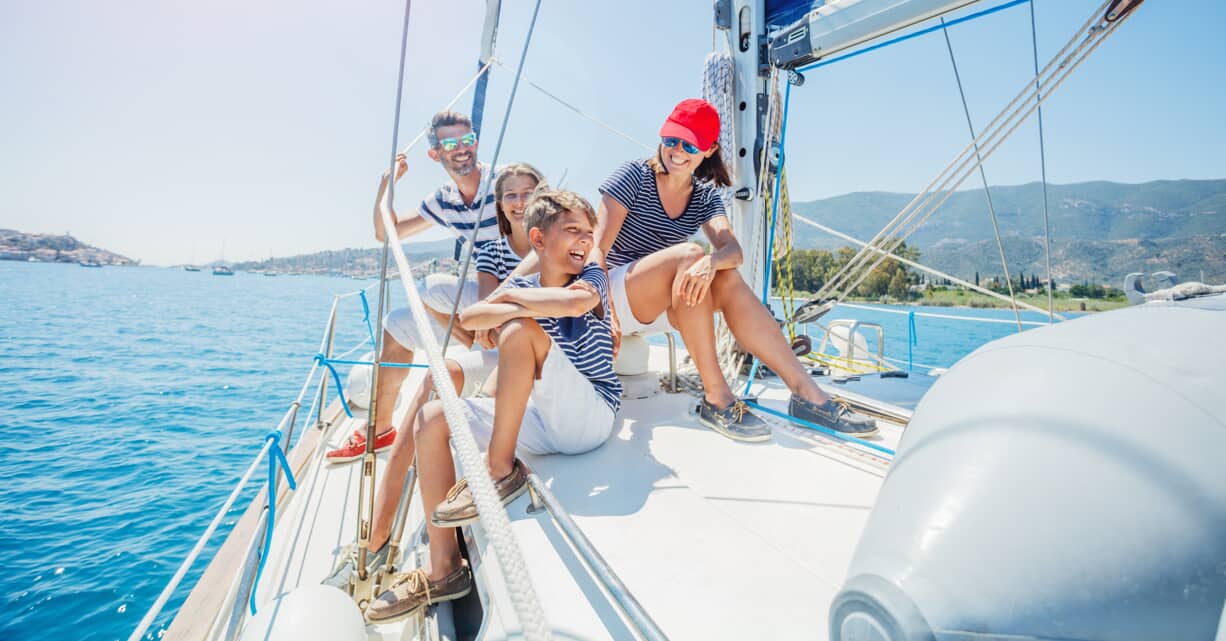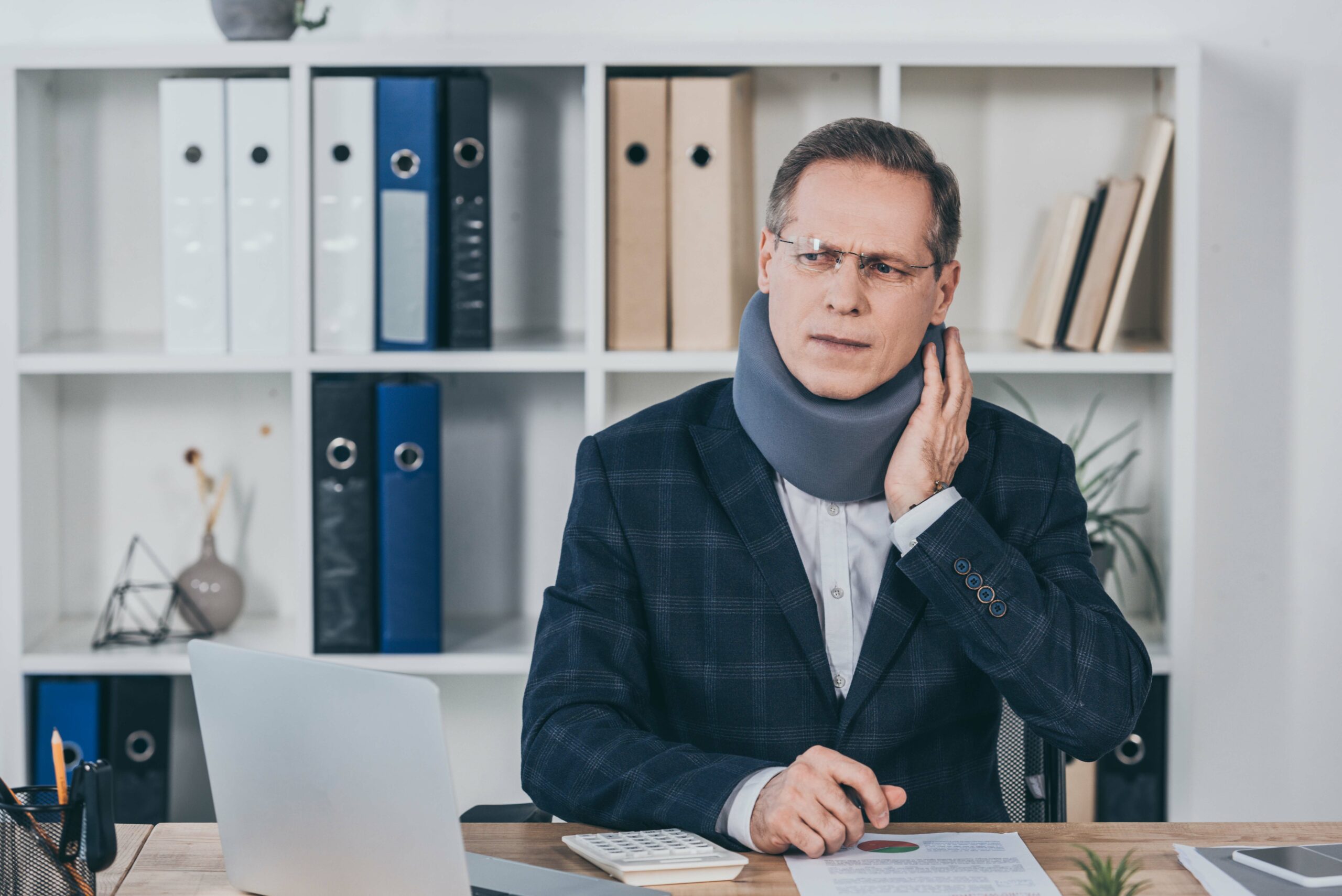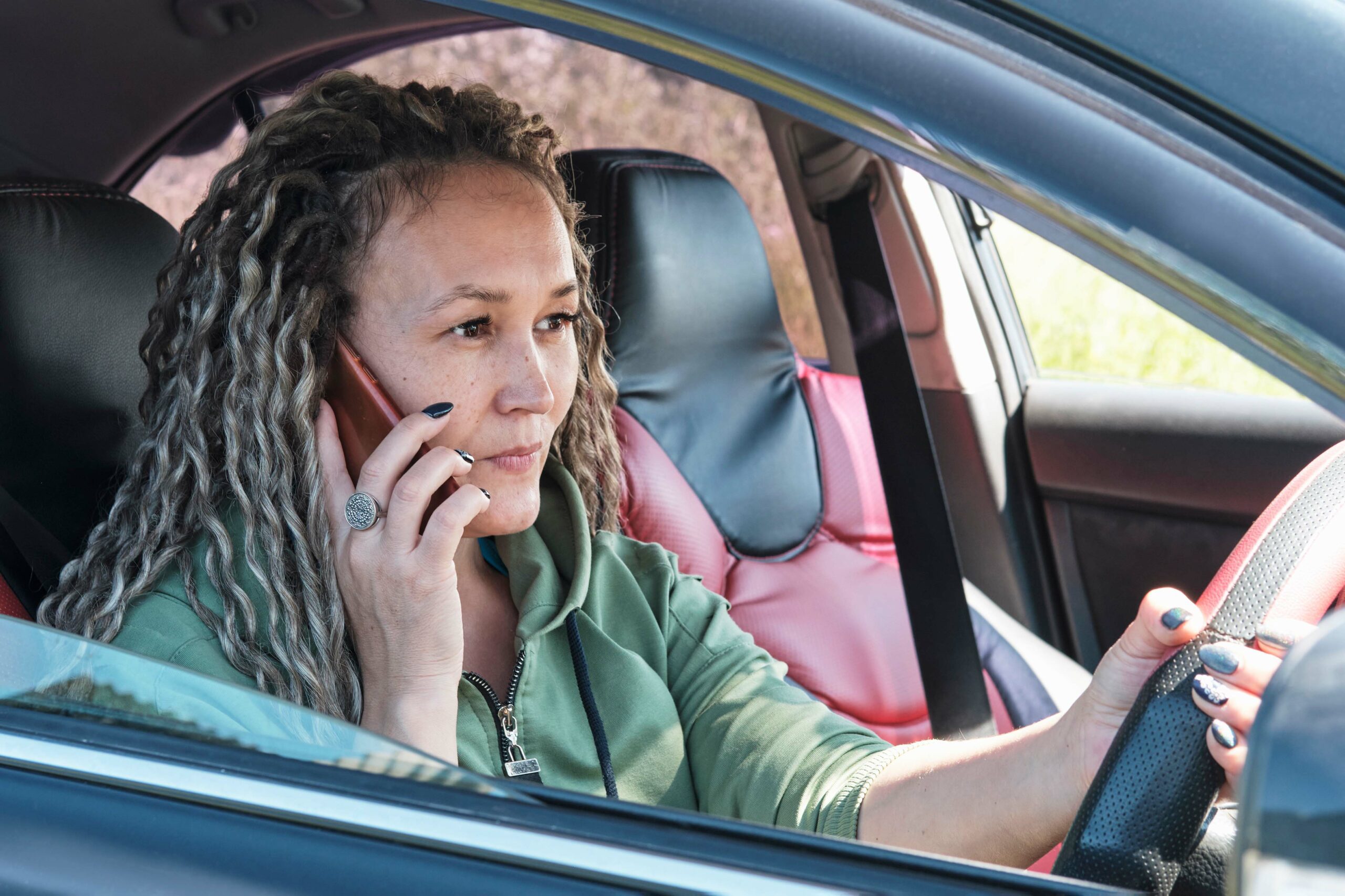Boating is a fun summertime activity that many people participate in. Because of this, local waterways fill quickly with boats, personal watercraft, water skis, swimmers, and more at the start of the season. If you’re planning to head out on the water this summer, make sure to get informed on these 10 boating safety tips to ensure you have a safe boating season.
WHAT CAUSES BOAT ACCIDENTS?
Boating accidents are more common than you think. According to the United States Coast Guard, 4,291 boating accidents resulted in 2,629 injuries and 658 deaths in 2017 alone. The following are the most common causes of boating accidents:
- Running aground. If boat operators are not careful, they may run the boat aground in suddenly shallow water, like a sandbar. It’s important to stay alert and move slowly through the waves.
- Falling overboard. Maintaining balance on a swaying boat is not easy, which is why it’s recommended that boat passengers wear a life jacket at all times and remain seated while the boat is in motion.
- Sinking. Even a small hole in a boat can lead to a capsize.
- Breaking down. Improper maintenance or electrical issues can cause a boat’s motor to break down, leaving passengers stranded in the middle of a water body.
- Speeding at night. Speeding at night is incredibly dangerous, as unseen objects may become visible only when it’s too late to avoid them.
- Ignoring weather conditions. It’s wise for boaters to check local forecasts before heading out on the water, and to refrain from boating activities if poor weather is forecast. If bad weather forms when you’re already out on the water, head back to shore as soon as possible.
- Failing to maintain a lookout. When boat operators do not maintain a proper lookout or do not designate a passenger as a lookout, accidents are more likely to occur.
BOATING SAFETY TIPS
Before setting out on your next boating adventure, review the following safety tips to ensure your voyage is a successful one:
- Don’t drink and boat. The number one boating safety rule is not to operate a boat under the influence of drugs or alcohol. According to the U.S. Coast Guard, alcohol was the leading contributing factor in fatal boating accidents in 2017, and among the top five in reported accidents overall.
- Wear proper safety equipment. In boating accidents where the cause of death was known, 68% were caused by drowning, and 80% of those who drowned were not wearing a life jacket. Virginia law requires that there be one wearable life jacket for each person on the boat, and they need to be “readily accessible” if not worn.
- Know your state’s boating laws. Each state has different boating regulations related to boat size, speed, passenger limits, permitted activities, and more. Familiarize yourself with local boating laws to stay safe on the waterways.
- Understand the “rules of the waterway.” Motorists have to follow the rules of the road, and boaters need to follow the “rules of the waterway.” Review Virginia’s navigational rules to make sure you’re on the same page as other boaters.
- Check the weather forecast before departure. Any good boater knows to check the weather forecast before embarking, and will head back to shore if poor weather departs while they’re already underway.
- Make and stick to a pre-departure checklist. It’s never a good situation to realize you’re missing something you need when you’re already underway. A pre-departure checklist will ensure your boat is equipped with all necessary safety supplies before departure.
- Designate a passenger as the lookout. A second pair of eyes can go a long way toward spotting hidden dangers under the water’s surface. If you’re boating alone, maintain a slow speed so you can safely scan the water and surrounding area.
- Do not overcrowd the boat. If more passengers are on board than your boat allows, it may become unstable and capsize.
- Be aware of carbon monoxide poisoning. Any source that burns fuel, including gasoline-powered engines on boats, produces carbon monoxide, an odorless, colorless gas that can be fatal if you inhale too much of it. Make sure to install a carbon monoxide detector, do not block exhaust outlets, and dock at least 20 feet away from any boat that is running a generator or engine.
- Keep communication systems on board. It’s vital to have a method of communication on board in the event of an emergency. Make sure to have at least two communication devices on your water vessel, including satellite phones, emergency position indicating radio beacons, VHF radios, and personal locator beacons (PLBs).
INJURED IN A BOATING ACCIDENT? WE CAN HELP
Every responsible boater makes sure to follow the above safety guidelines before embarking on any boating excursion. Unfortunately, even if you follow all of these safety guidelines, it’s likely that other boat operators will not. As a result, boating accidents and injuries may occur.
You shouldn’t have to pay for another boater’s disregard for safety guidelines and regulations. If you have been injured in a boating accident caused by someone else, our personal injury attorneys at Huffman & Huffman are prepared to fight for you. From our offices in Norfolk, Virginia Beach, and Newport News, we can offer sound guidance and dedicated representation to recover maximum compensation for you.
If you have been injured in a boating accident, contact Huffman & Huffman, PLLC at (757) 599-6050 for a free consultation with our team today!
 Text Us
Text Us  Call Us
Call Us 







